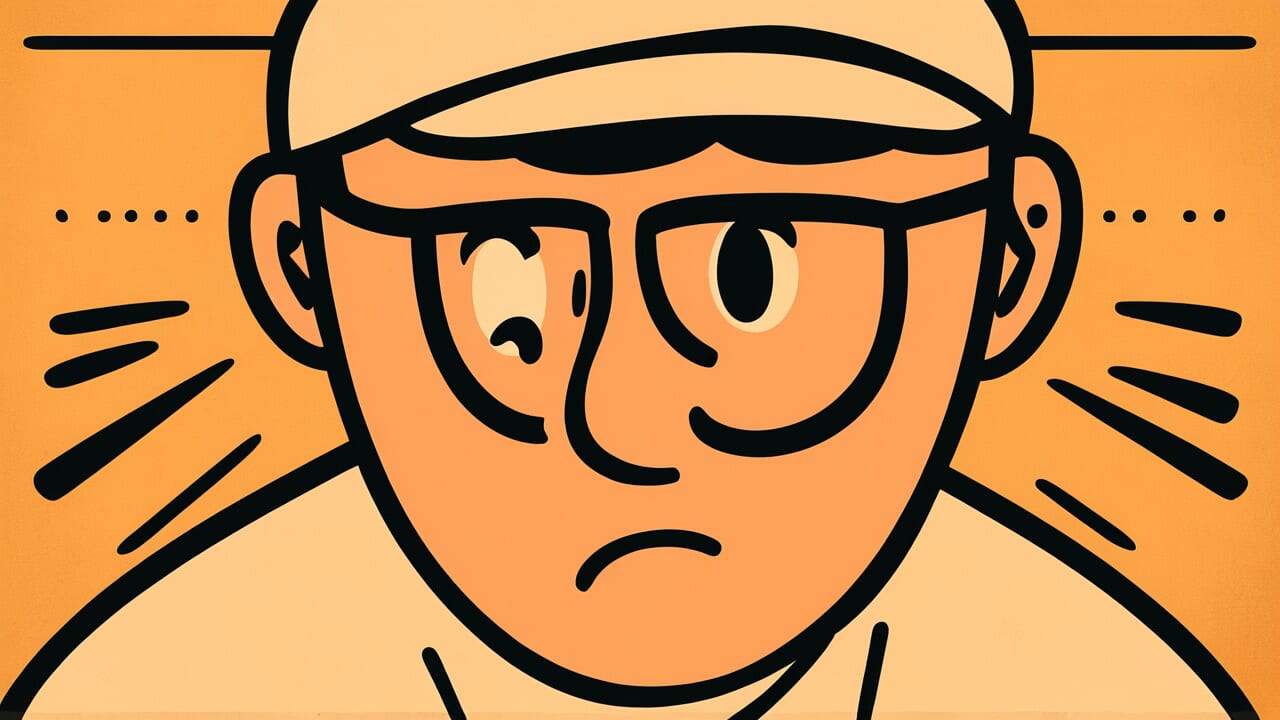How to Read “Punishment is before your eyes”
Batsu wa me no mae
Meaning of “Punishment is before your eyes”
“Punishment is before your eyes” means that if you do something bad, consequences will come immediately. This saying warns about how quickly karma works.
It describes how punishment comes down swiftly right after wrongdoing, as if appearing directly in front of you.
People use this proverb when someone is about to commit wrongdoing, to make them stop and think. It’s also used when bad consequences arrive quickly after misconduct, with a sense of “I knew that would happen.”
Even today, we use it when dishonest acts are discovered immediately, or when someone who acted unfairly quickly finds themselves in trouble.
In the age of social media, wrongdoing spreads faster than ever, and social consequences come more quickly. In this sense, the teaching of “instant consequences” in this proverb has become even more relevant in modern times.
Origin and Etymology
There are no clear written records about the origin of “Punishment is before your eyes.” However, we can make interesting observations from how the phrase is constructed.
This expression is thought to be influenced by the Buddhist concept of karma. Buddhism teaches that good actions bring good results, and bad actions bring bad results.
However, “Punishment is before your eyes” emphasizes immediate consequences in this life, not punishment in the afterlife as Buddhism traditionally teaches.
The phrase “before your eyes” is worth noting. It expresses closeness in time through visual imagery.
It shows how punishment arrives so quickly after wrongdoing that it seems to appear right in front of you. This emphasis on immediacy reflects a characteristic of Japanese ethical thinking.
During the Edo period, the idea of karma spread widely among common people. Through education at temple schools and entertainment like storytelling and kabuki theater, the moral lesson that wrongdoing always brings consequences was repeated again and again.
The simple expression “Punishment is before your eyes” was likely born from the wisdom of ordinary people who wanted to convey this lesson in an easy-to-understand way.
Usage Examples
- I heard that person committed accounting fraud and was caught immediately in an audit. This is exactly what “Punishment is before your eyes” means.
- I thought I got away with lying, but it was exposed the next day. Punishment is before your eyes.
Universal Wisdom
The proverb “Punishment is before your eyes” has been passed down through generations because it contains deep insight into human nature.
Everyone has a weakness. When we do something wrong, we think “It’s okay if I don’t get caught” or “People will forget after some time passes.”
We become blinded by immediate benefits and desires, acting without thinking about consequences. This is part of human nature that doesn’t change with time.
But our ancestors knew from experience that consequences for wrongdoing arrive surprisingly quickly. This isn’t necessarily some supernatural divine punishment.
Rather, wrongdoing naturally comes to light through the anxiety in the wrongdoer’s heart, the observant eyes of people around them, and society’s self-correcting mechanisms.
This proverb contains another deep truth. It tells us that human society has an invisible order.
Even if dishonesty seems profitable temporarily, society has a built-in system where honest people are rewarded in the long run.
Our ancestors believed this, and they witnessed countless examples of it. That’s why they continued passing this teaching to the next generation.
This saying is both a warning to people and an expression of trust in society’s fundamental soundness.
When AI Hears This
The human brain has a property where it exponentially underestimates future punishment the farther away it is in time. For example, a one million yen fine one year from now feels like only about 300,000 yen in your brain.
But when it’s one week away, it feels like 700,000 yen. When it’s tomorrow, it feels like 950,000 yen. As time gets closer, the perceived severity increases dramatically. This is called temporal discounting.
What’s interesting is that this discount rate changes in a curve, not a straight line. The psychological impact of changing from “one week away to tomorrow” is overwhelmingly larger than “one year away to eleven months away.”
That’s why people can be optimistic when planning wrongdoing, thinking “that’s still far off.” But they suddenly panic when the police actually seem to be coming.
The future prediction that the prefrontal cortex was calmly calculating suddenly switches to a fear response from the amygdala.
Furthermore, according to construal level theory, distant future events can only be imagined abstractly. “Maybe I’ll get caught someday” is just a concept, but “I’ll get caught today” appears as a concrete image in your brain.
This difference in concreteness can make the same punishment feel 100 times more frightening. People don’t regret because they lack judgment. They regret because of structural limitations in the brain’s time perception system.
Lessons for Today
What this proverb teaches you today is that integrity is the wisest way to live.
In modern society, information flows much faster than before. A single act of dishonesty or lie can spread to many people in an instant.
Social media scandals, whistleblowing, and the high evidentiary value of digital records all make it harder than ever to hide wrongdoing. We truly live in an era of “Punishment is before your eyes.”
But the essence of this teaching isn’t fear. Rather, it teaches us how easy it is to live honestly.
If you tell a lie, you must tell more lies to cover it up. If you commit wrongdoing, you live in constant fear of being discovered. The psychological burden is immeasurable.
On the other hand, if you live with integrity, you have nothing to fear. You can live with your head held high. There’s no freer way to live than this.
If you’re carrying something you feel guilty about right now, have the courage to make it right. And from now on, choose integrity.
That’s the best way to protect yourself.



Comments